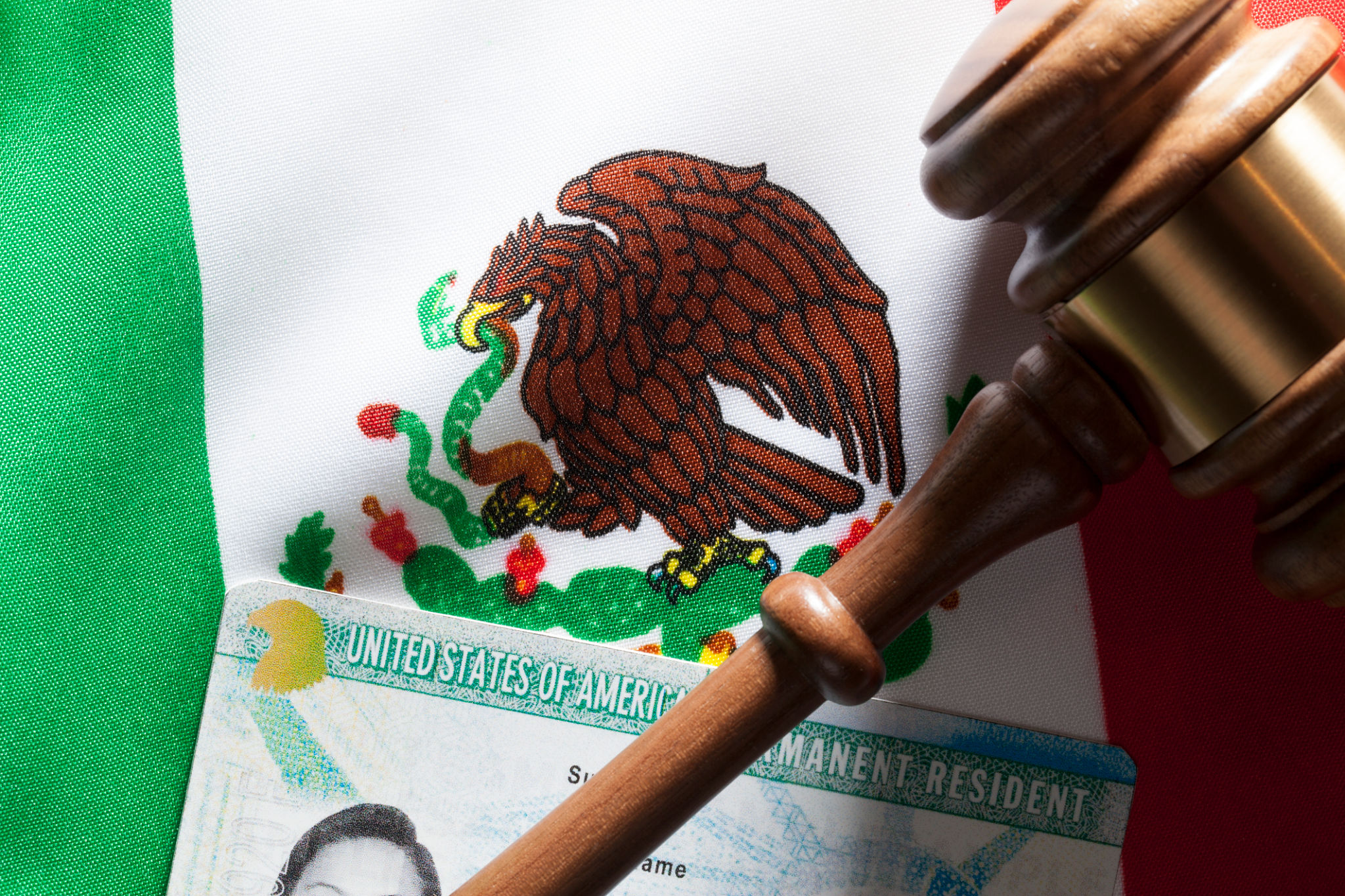Common Misconceptions About Canadian Citizenship
Understanding Canadian Citizenship: Clearing Up the Confusion
Canadian citizenship is a coveted status that offers numerous benefits, including the right to vote and the ability to hold a Canadian passport. However, there are many misconceptions surrounding what it means to be a Canadian citizen. In this blog post, we'll explore some common misunderstandings and provide clarity on this important topic.

Misconception 1: Canadian Citizenship is Automatically Granted at Birth
One of the most widespread misconceptions is that anyone born in Canada automatically becomes a Canadian citizen. While it is true that most individuals born on Canadian soil acquire citizenship, there are exceptions. Children born to foreign diplomats or to parents who are not permanent residents or citizens may not be granted citizenship automatically. It's essential to understand the specific conditions that apply to ensure eligibility.
Misconception 2: Permanent Residency Equals Citizenship
Another common misunderstanding is equating permanent residency with Canadian citizenship. Although permanent residents enjoy many rights and privileges, such as access to healthcare and the ability to work and study in Canada, they are not citizens. Permanent residents must meet certain criteria and go through a formal application process to become citizens.

Misconception 3: Dual Citizenship Isn't Allowed
Some people believe that Canada does not allow dual citizenship. In reality, Canada permits its citizens to hold dual or multiple citizenships. This means that individuals can retain their original citizenship while also becoming Canadian citizens. However, it's crucial to check whether your country of origin allows dual citizenship, as some countries do not recognize this status.
Misconception 4: Citizenship Can Be Lost Easily
A concern for many is the fear of losing Canadian citizenship easily. Once granted, Canadian citizenship is generally secure. Only in extraordinary cases, such as fraudulent acquisition or involvement in serious crimes, can citizenship be revoked. For most naturalized citizens, maintaining their status requires adhering to Canada's laws and obligations.

Misconception 5: Language Proficiency Isn’t Required
It's a common belief that language proficiency isn't necessary for obtaining Canadian citizenship. However, applicants between the ages of 18 and 54 must demonstrate adequate knowledge of English or French. This requirement ensures that new citizens can effectively integrate into Canadian society and participate fully in community life.
Misconception 6: Once a Citizen, No More Responsibilities
Achieving Canadian citizenship does not absolve individuals of responsibilities. Citizens are expected to obey the law and fulfill civic duties, such as jury service and voting in elections. Engaging actively in the community and exercising these rights and responsibilities are integral parts of being a Canadian citizen.
- Participate in elections by voting.
- Serve on a jury when called upon.
- Respect Canada's laws and values.
By understanding these nuances of Canadian citizenship, individuals can make informed decisions and appreciate the privileges and responsibilities that come with this status. Clearing up these misconceptions helps ensure a smoother path for those seeking to become part of Canada's vibrant and diverse community.
